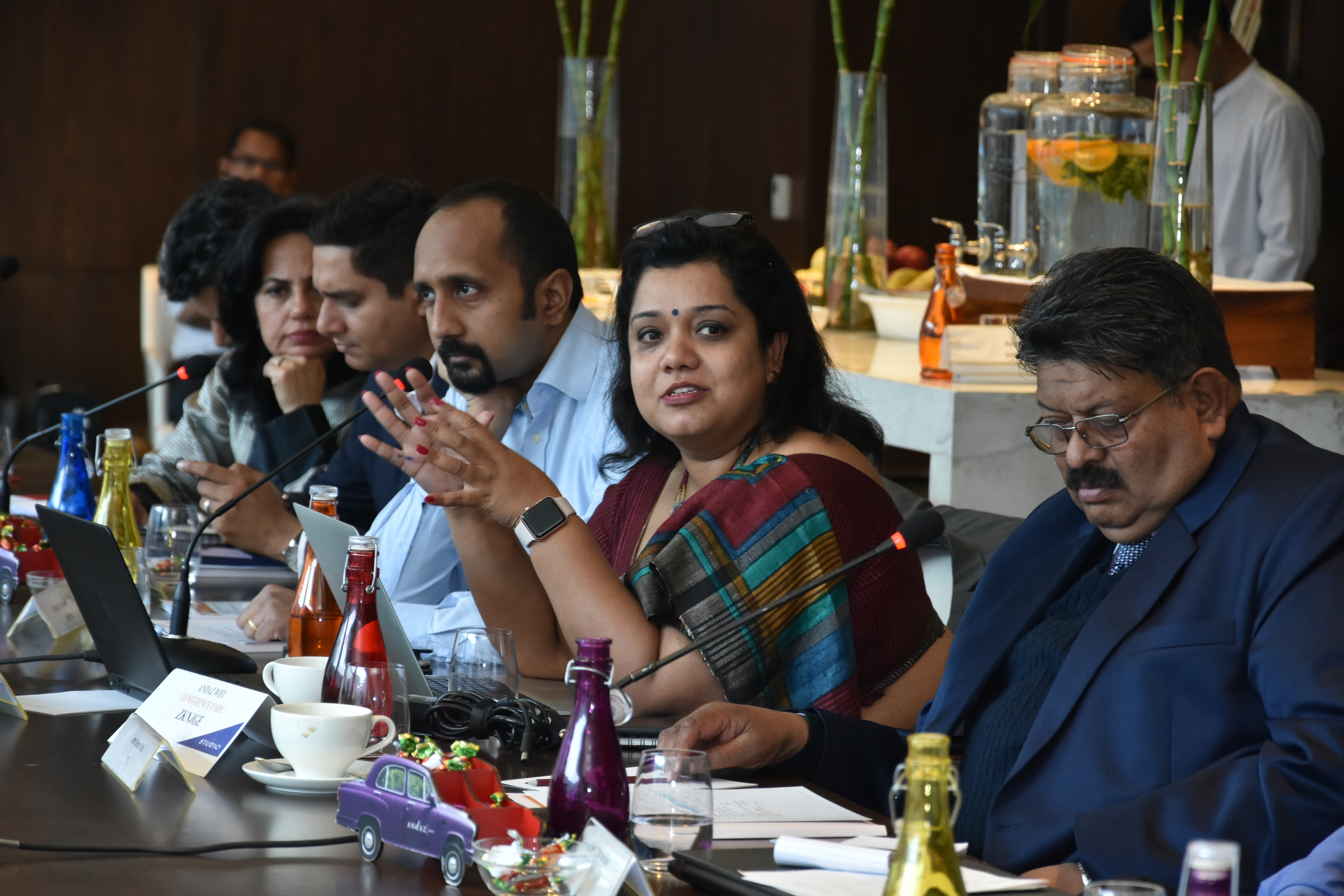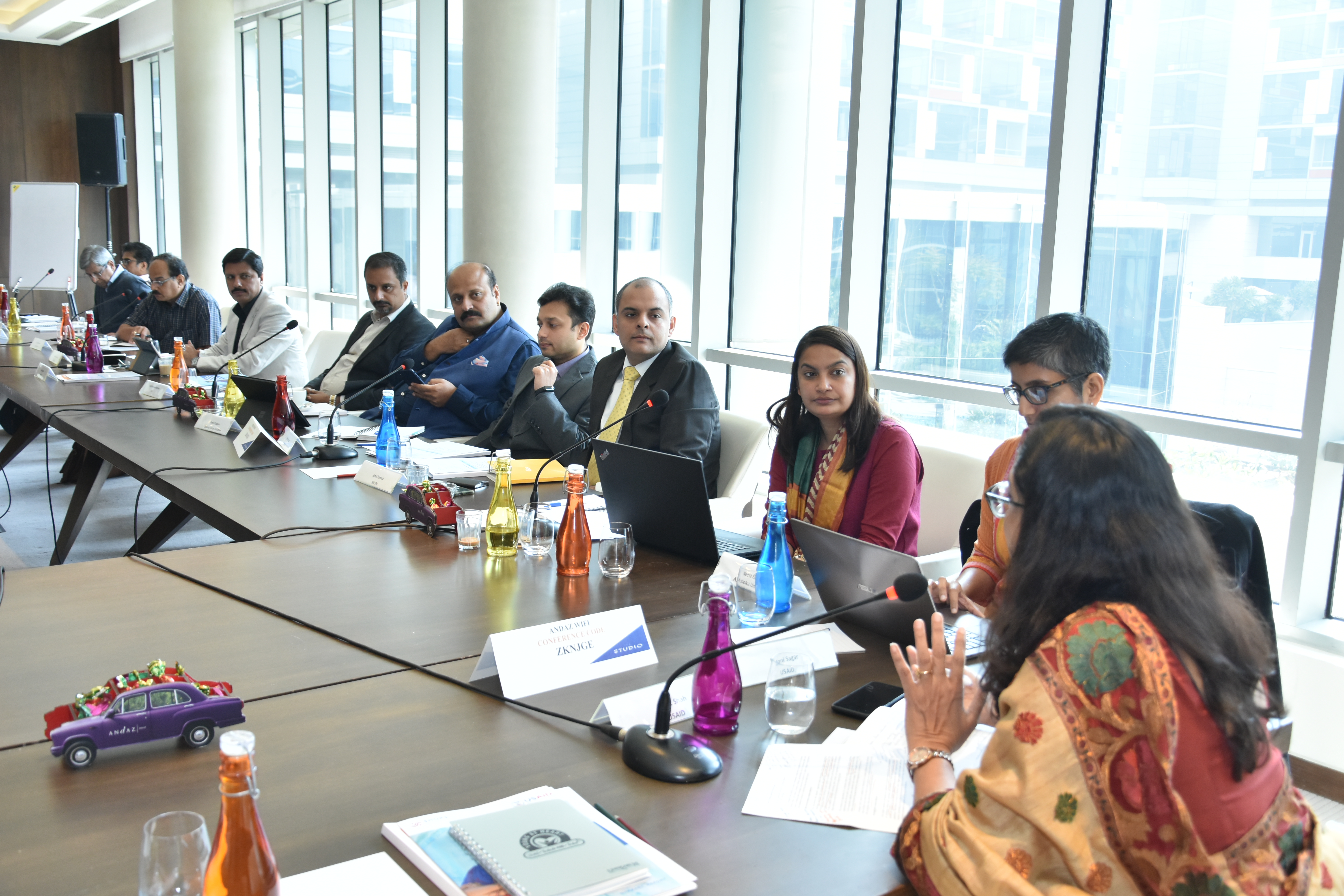Reaching India’s Family Planning 2020 Goals
 India is among the many countries that have made commitments to Family Planning (FP) 2020, a global partnership for 120 million more women and girls to receive accurate guidance on reproductive and sexual health, and to gain access contraceptives by 2020. In July 2017, India increased its commitment from $2 billion to $3 billion for its family planning program. In line with the FP2020 goal, the Abt Global-led, USAID-funded Sustaining Health Outcomes through the Private Sector (SHOPS) Plus project is focused on increasing access to family planning information and counseling among the urban poor through private sector approaches and partnerships.
India is among the many countries that have made commitments to Family Planning (FP) 2020, a global partnership for 120 million more women and girls to receive accurate guidance on reproductive and sexual health, and to gain access contraceptives by 2020. In July 2017, India increased its commitment from $2 billion to $3 billion for its family planning program. In line with the FP2020 goal, the Abt Global-led, USAID-funded Sustaining Health Outcomes through the Private Sector (SHOPS) Plus project is focused on increasing access to family planning information and counseling among the urban poor through private sector approaches and partnerships.
 Through SHOPS Plus, Abt convened a group of condom manufacturers and marketers to explore the possibility of an alliance and to discuss priorities to increase condom use. Thirty stakeholders, many of them competitors and representing over 44 percent of India’s condom market, participated. They exchanged insights on India’s condom market, its major challenges and opportunities, and the need for collective action to address market gaps.
Through SHOPS Plus, Abt convened a group of condom manufacturers and marketers to explore the possibility of an alliance and to discuss priorities to increase condom use. Thirty stakeholders, many of them competitors and representing over 44 percent of India’s condom market, participated. They exchanged insights on India’s condom market, its major challenges and opportunities, and the need for collective action to address market gaps.
 Participants discussed obstacles that they were facing including:
Participants discussed obstacles that they were facing including:
- Restrictions on the times that condoms advertisements can be aired, which limit access to key audiences,
- Effective use of new media and digital platforms to reach populations, and
- Ethical sourcing of condom materials.
Abt is convening stakeholders from the public and private sectors to strengthen public-private engagement and develop sustainable solutions to achieve India’s FP2020 goals. SHOPS Plus and the meeting participants have formed the “Alliance” and are meeting regularly. So far the Alliance members have ratified a charter, formed sub-committees to develop thought leadership products, brainstormed how to create new users among the youth, and strategized how to maintain the Alliance.
The Alliance also is helping to amplify the communication campaigns conducted by SHOPS Plus and the government, and exploring ways to test prototypes from Abt’s behavioral economics research on condoms.
Learn More:
Global Health Voices: Komal Khanna (video)
